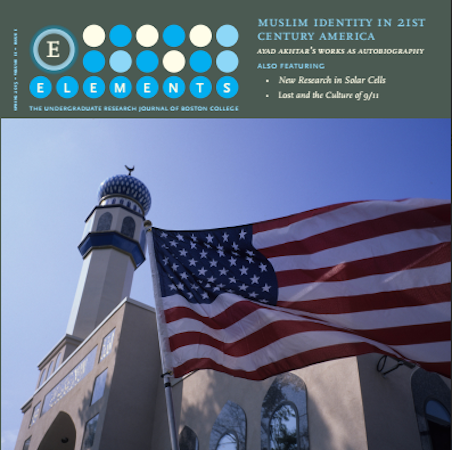Muslim Identity in 21st Century America: Ayad Akhtar's Works as Autobiography
DOI:
https://doi.org/10.6017/eurj.v11i1.8819Keywords:
humanities, drama, 9/11, Muslims Americans, Akhtar, Spring 2015Abstract
Recipient of the 2013 Pulitzer Prize for Drama, Ayad Akhtar has been lauded as the de facto voice of the American Muslim in theatre and literature. Akhtar, A Pakistani American, claims that all of his works are inspired by his life and personal experiences; they are, he admits, a form of autobiography. In a post-9/11 world, however, where the position of Muslims in the United States has become increasingly scrutinized, Akhtar’s works purposely play upon American fears and anxiety in regard to Islam. Indeed, Akhtar’s works rely heavily on Muslim stereotypes in order to unsettle American audiences and gain artistic recognition. By doing so, Akhtar not only continues the clichéd depiction of Muslims in American media, but also upholds Stephen Spender’s theory on autobiography: that the perspective of the autobiographer, his Self, is forever forced to submit to that of society, the Other.Downloads
Published
2015-04-01
How to Cite
Asif, S. (2015). Muslim Identity in 21st Century America: Ayad Akhtar’s Works as Autobiography. Elements, 11(1). https://doi.org/10.6017/eurj.v11i1.8819
Issue
Section
Articles
License
Copyright (c) 2015 Elements

This work is licensed under a Creative Commons Attribution 4.0 International License.

